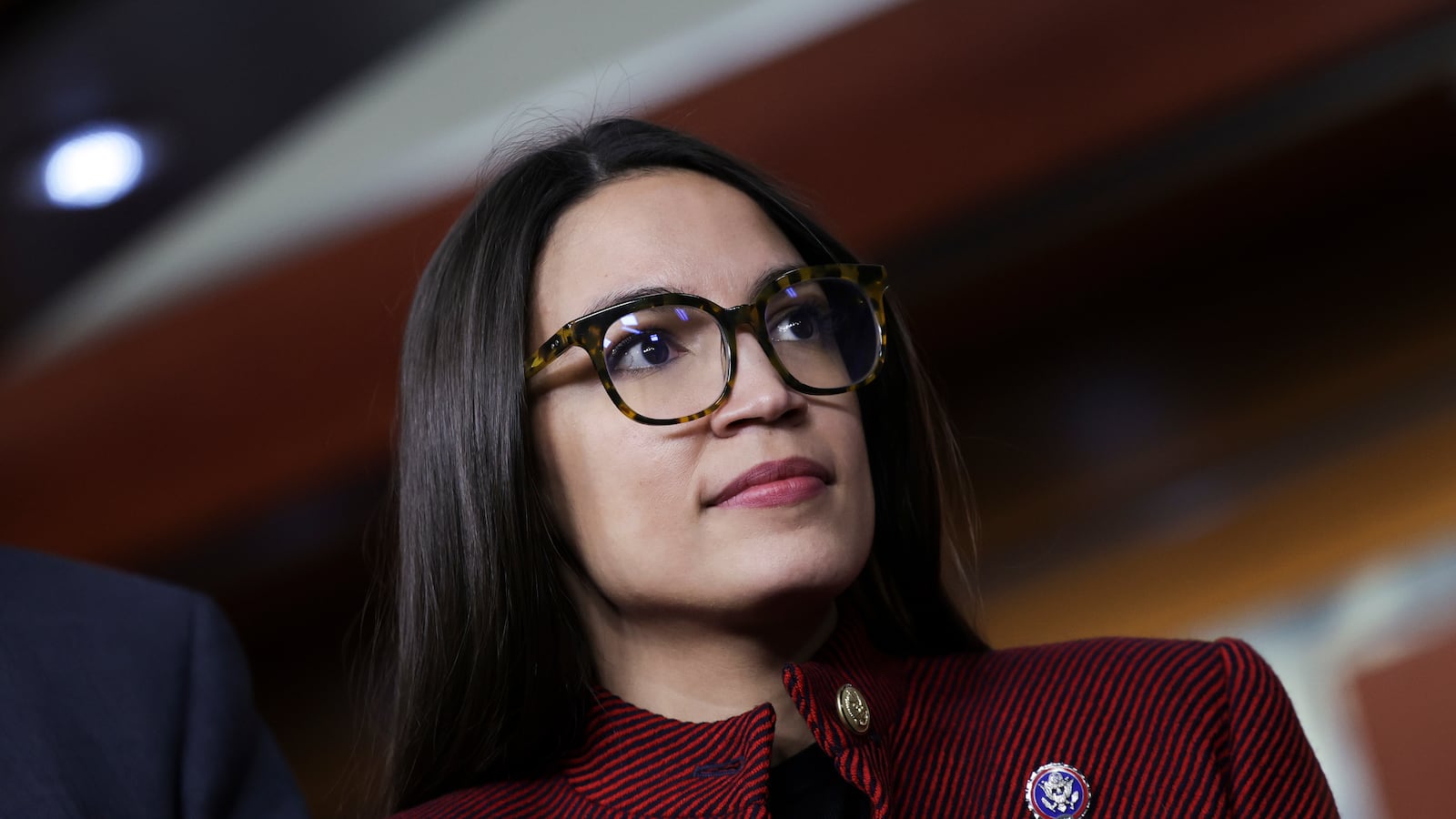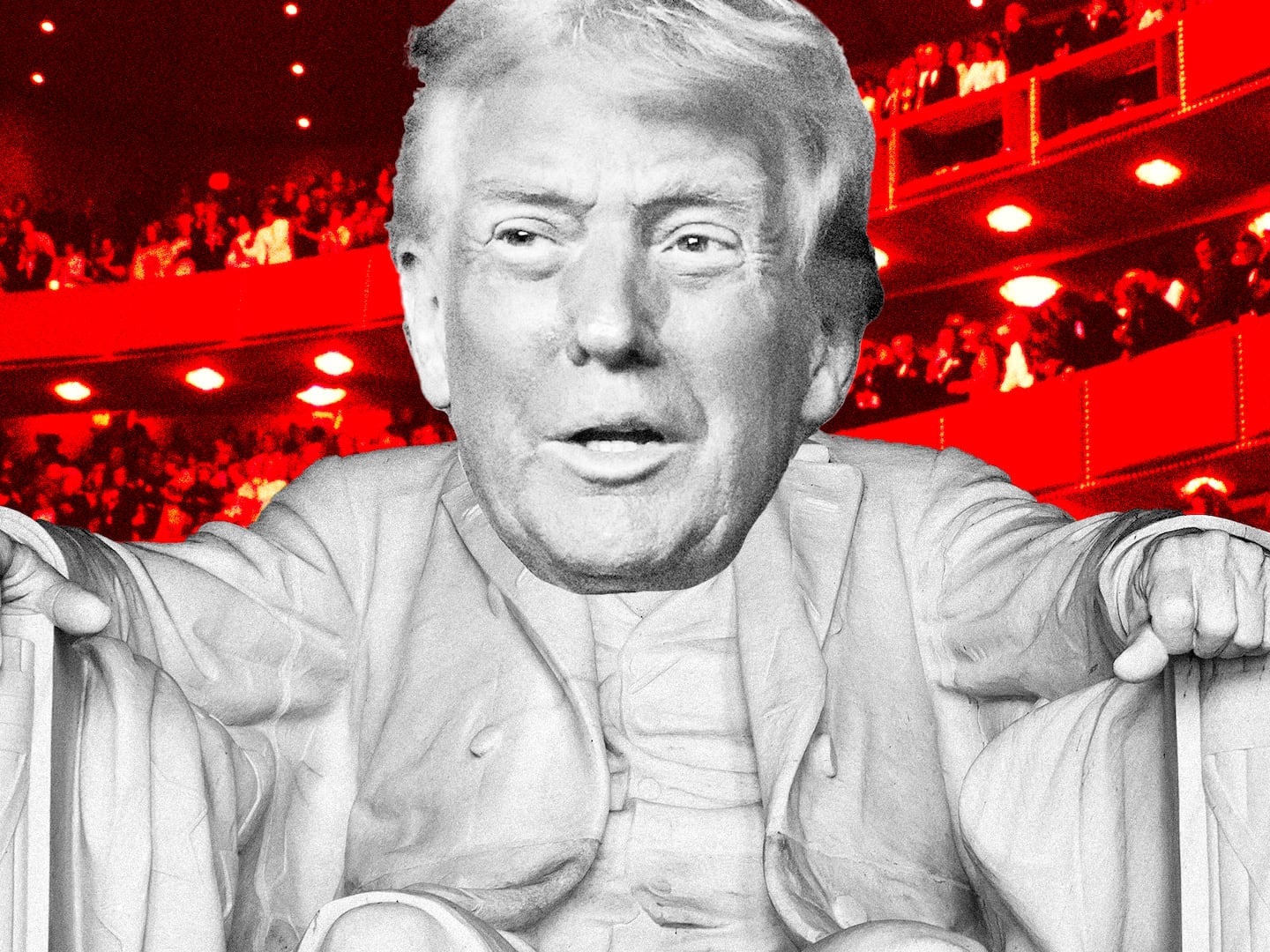Late last year, Rep. Jamaal Bowman (D-NY) bucked the overwhelming bulk of the Democratic Party and voted against the bipartisan infrastructure deal in protest to Democrats not passing the Build Back Better Act first. The proposals included in what was set to be Democrats’ signature social spending bill meant that much to him—and they still do.
Yet after news on Wednesday that Sen. Joe Manchin (D-WV) agreed to a new version of the defunct Build Back Better bill, now called the Inflation Reduction Act, which lacks scores of the policies progressives originally fought for, Bowman said he was “glad we finally got to this point.”
To be sure, the congressman said he was “very disappointed and actually pretty angry” about all of the things that didn’t make it in the bill: Paid family leave, free community college, a permanent child tax credit and more but time was running short.
Now, with just few months left before the midterm elections and a political environment that still looks pretty bleak for Democrats, progressives like Bowman seem laser focused on simply passing something through reconciliation before the clock runs out.
“What I’ve learned since I’ve been here is, you know, we pass a bill, we come back to the drawing board the next day, we pass another bill. The work continues,” he said, later adding that “it is what it is for today.”
Rep. Alexandria Ocasio-Cortez (D-NY), another member of the so-called progressive “squad” that voted against the bipartisan infrastructure deal last year, told reporters Thursday that if the text of the bill matches what Manchin and Senate Majority Leader Chuck Schumer have indicated, it’d be an “overwhelmingly positive development.”
“The progress on climate here far outweighs some of the negatives. I think that pressure from the party worked,” she said.
And even Congressional Progressive Caucus Chair Pramilla Jayapal (D-WA) said that while she’s still reviewing the bill, she is “giving [herself] permission to be happy.”
Progressives across the board pointed to their continued attention to reconciliation as some causal part of the deal Manchin struck Wednesday. Those members have genuinely continued to talk about the need for climate legislation or prescription drug reform, even as the Senate pivoted to other priorities and the name “Build Back Better” became the equivalent of saying “Voldemort” in Congress.
But progressives - and most everyone else in the Congress - were denied a seat at the table during this round of negotiations, which apparently happened behind closed doors. Manchin, who’s isolating after testing positive for Covid, said at a virtual press conference Thursday morning that he worked closely with Schumer’s staff throughout the process, and that the White House was kept apprised of talks to a “certain extent.”
“There's basically no one in their right mind would go through all the protests, harassments, if you will, that happened to me after the Build Back Better was defeated, which I thought was a bill that was too much for America…” Manchin said. “ But I thought there were things that needed to be done,” Manchin said.
Though many Democratic lawmakers were frustrated by that somewhat secretive process, they weren’t shocked to hear how things went down. Manchin has long been seen as the singular holdup on passing a social-spending bill through reconciliation—which only requires 50 affirmativevotes in the Senate—giving him unique leverage on what’s in and what’s out.
“That pattern seems to have been tolerated for almost eight months,” Rep. Raul Grijalva (D-AZ) told The Daily Beast. “So, this occurring, while surprising and lacking in other input, it’s not by any stretch of the imagination anything new.”
Even though the bulk of Democrats, including progressives, seem generally cheery about the progress, it’s not a done deal just yet. Sen. Kyrsten Sinema (D-AZ), Democrats’ other wild card in the Senate, has been mum on the bill since it was released last night. Manchin told reporters on a press call Thursday morning that he had not spoken to her about the bill and was not open to changing tax provisions in the proposal that Sinema had previously been against.
Other Democrats weren’t psyched that Manchin’s new deal doesn’t include an expansion of state and local tax deductions—a sought after provision by many Democrats from high-tax states like New York or California.
But in a landscape for Democrats in which virtually nobody got everything they wanted in the deal—besides Manchin, perhaps—most are insisting they’re ready to play along regardless.
“We can only pass what we can get 50 votes for…” Sen. Elizabeth Warren (D-MA) told reporters Thursday. “So, I'll celebrate what we've got.”







